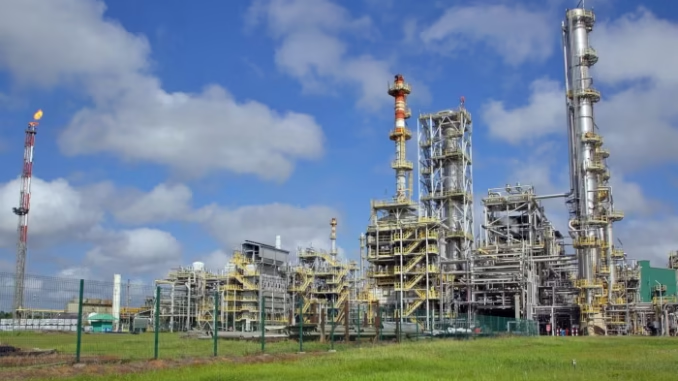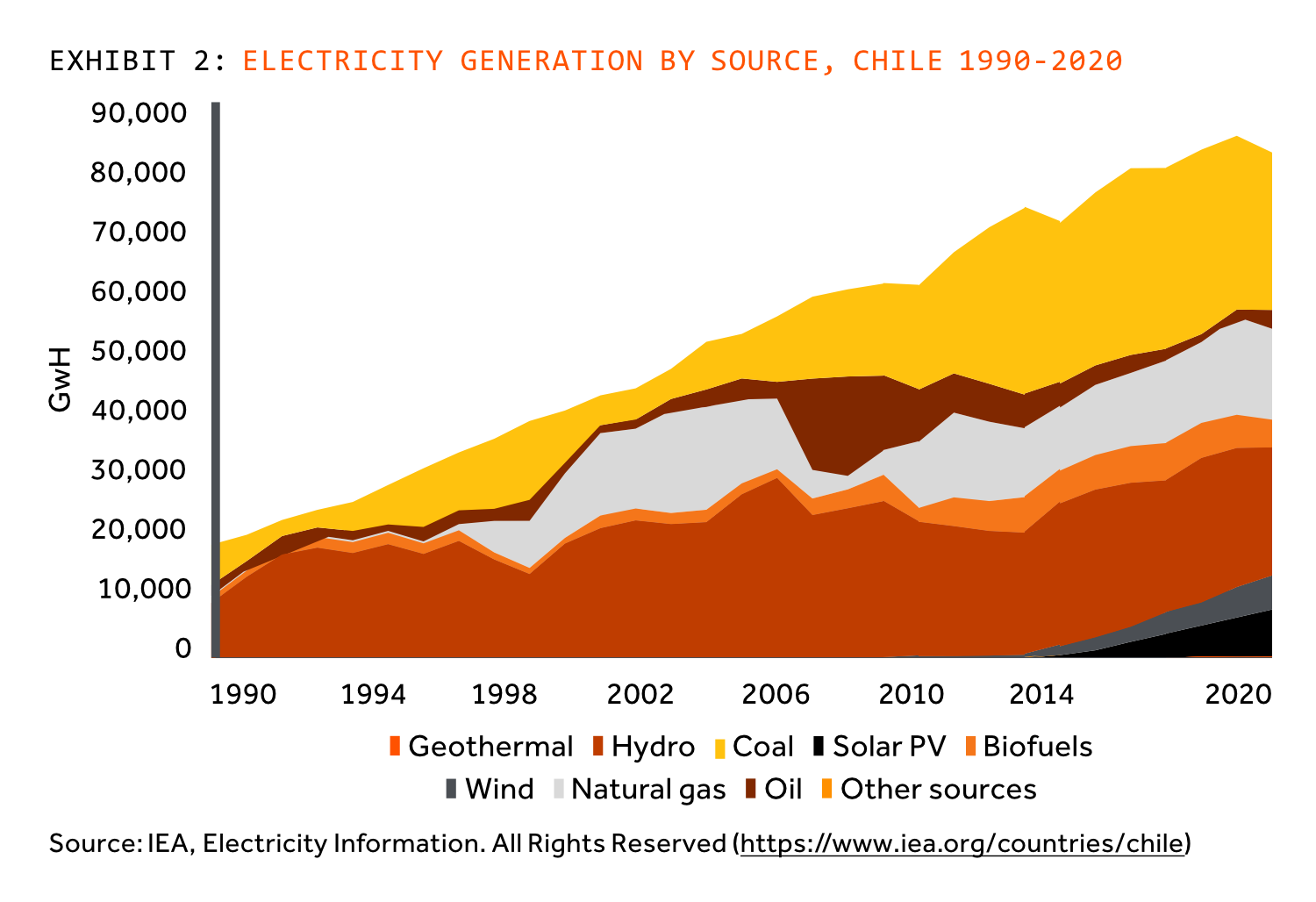
UP-DATE:Latin America’s Hydrocarbon Production Is Key to.….

Latin America’s Hydrocarbon Production: A Pillar for Global Energy Security
ANALYSIS:
Latin America is a crucial player in global energy security, driven by its vast hydrocarbon resources and strategic geographical location. With countries like Venezuela, Brazil, Mexico, and Argentina possessing significant reserves of oil and natural gas, the region contributes substantially to meeting global energy demands. The development and export of hydrocarbons from Latin America not only bolster regional economies but also enhance the stability and reliability of the international energy market.
Vast Reserves and Strategic Significance
Venezuela boasts the world’s largest proven oil reserves, while Brazil has emerged as a leading offshore oil producer, particularly with its pre-salt reserves. Mexico, through reforms and investments in its energy sector, continues to be a significant oil exporter, while Argentina’s Vaca Muerta shale formation holds immense potential for natural gas production. These resources position Latin America as a key supplier of hydrocarbons to energy-hungry regions like North America, Europe, and Asia.
Diversification of Global Supply Chains
Latin America’s hydrocarbon production helps diversify global energy supply chains, reducing reliance on traditional energy hubs such as the Middle East and Russia. This diversification is critical in mitigating risks associated with geopolitical tensions and market disruptions. For instance, as Europe seeks to decrease dependence on Russian energy, Latin America has an opportunity to expand its market share and strengthen trade partnerships.
Challenges and Opportunities
While the region holds enormous potential, several challenges hinder its ability to fully capitalize on its resources. Political instability, inadequate infrastructure, regulatory hurdles, and environmental concerns are significant obstacles. However, addressing these challenges through foreign investments, technological advancements, and sustainable practices could unlock Latin America’s full potential. International collaboration and policy reforms are essential to enhancing production efficiency and ensuring that hydrocarbon development aligns with global sustainability goals.
A Balancing Act for the Energy Transition
Latin America’s hydrocarbon industry plays a dual role in energy security and the transition to cleaner energy. While hydrocarbons remain vital for the foreseeable future, countries in the region are increasingly exploring renewable energy projects and cleaner extraction technologies. Striking this balance will allow Latin America to maintain its relevance in global energy markets while contributing to the fight against climate change.
In conclusion, Latin America’s hydrocarbon production is indispensable for global energy security. By addressing challenges and leveraging opportunities, the region can cement its position as a reliable energy partner in a rapidly evolving global landscape.
Leave a Reply